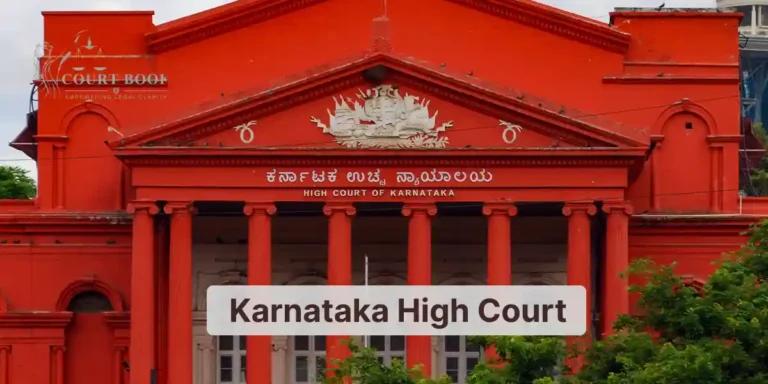The Karnataka High Court on Monday, March 17, quashed the FIR against TV journalist Rahul Shivshankar. The case was filed over his tweet questioning the Karnataka government's budget allocation for the welfare of religious minorities. The court upheld Shivshankar's plea, stating that the FIR lacked merit.
Justice M. Nagaprasanna, while delivering the judgment, stated:
"The petition is allowed, and the FIR is quashed."
Background of the Case
On February 13, after hearing arguments from both sides, the court had reserved its judgment. The FIR was based on a complaint filed by Kolar councillor N. Ambaresh, who alleged that Shivshankar's tweet was "sarcastic" and had the potential to create disharmony between religious groups.
The journalist had tweeted about the State budget, questioning why temples, which generate significant revenue, were not allocated funds, whereas other religious places of worship had received financial support.
Shivshankar’s advocate, Bipin Hegde, defended his client, asserting:
"I have not given a false statement in the tweet. What is mentioned in the budget is exactly what I have stated, milords."
However, Additional Special Public Prosecutor B. N. Jagadeesha argued that:
"The very tweet itself is false. It is misleading and intended to create disharmony between two groups."
Shivshankar was booked under Sections 153A (promoting enmity between different groups) and 505 (statements conducing to public mischief) of the Indian Penal Code (IPC). The complaint accused him of inciting communal tensions by questioning the government's allocation of funds for the development of Waqf properties, Haj Bhavan in Mangalore, and Christian places of worship.
In his plea, Shivshankar maintained that his tweet merely presented three factual points. He contended that:
"Such a question cannot, in any manner, be construed as an attempt to create hatred or animosity between religious groups. If such questions are deemed illegal, no journalist or citizen would ever be able to question religious issues in this country."
Additionally, he emphasized that, as a journalist, he regularly shares factual information to raise public awareness, which should not be criminalized.
After reviewing the arguments, the Karnataka High Court ruled in favor of Shivshankar, stating that the tweet did not meet the threshold for criminal prosecution. The judgment reaffirmed the journalist’s right to question government policies and allocations without fear of legal repercussions.
This ruling marks an important precedent for press freedom in India, underscoring that expressing an opinion or questioning governmental decisions cannot be equated with inciting communal disharmony.
Case Details
- Case Title: Rahul Shivshankar vs. Criminal Investigation Department & Anr
- Case No: CRL.P 2457/2024















